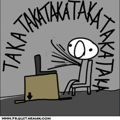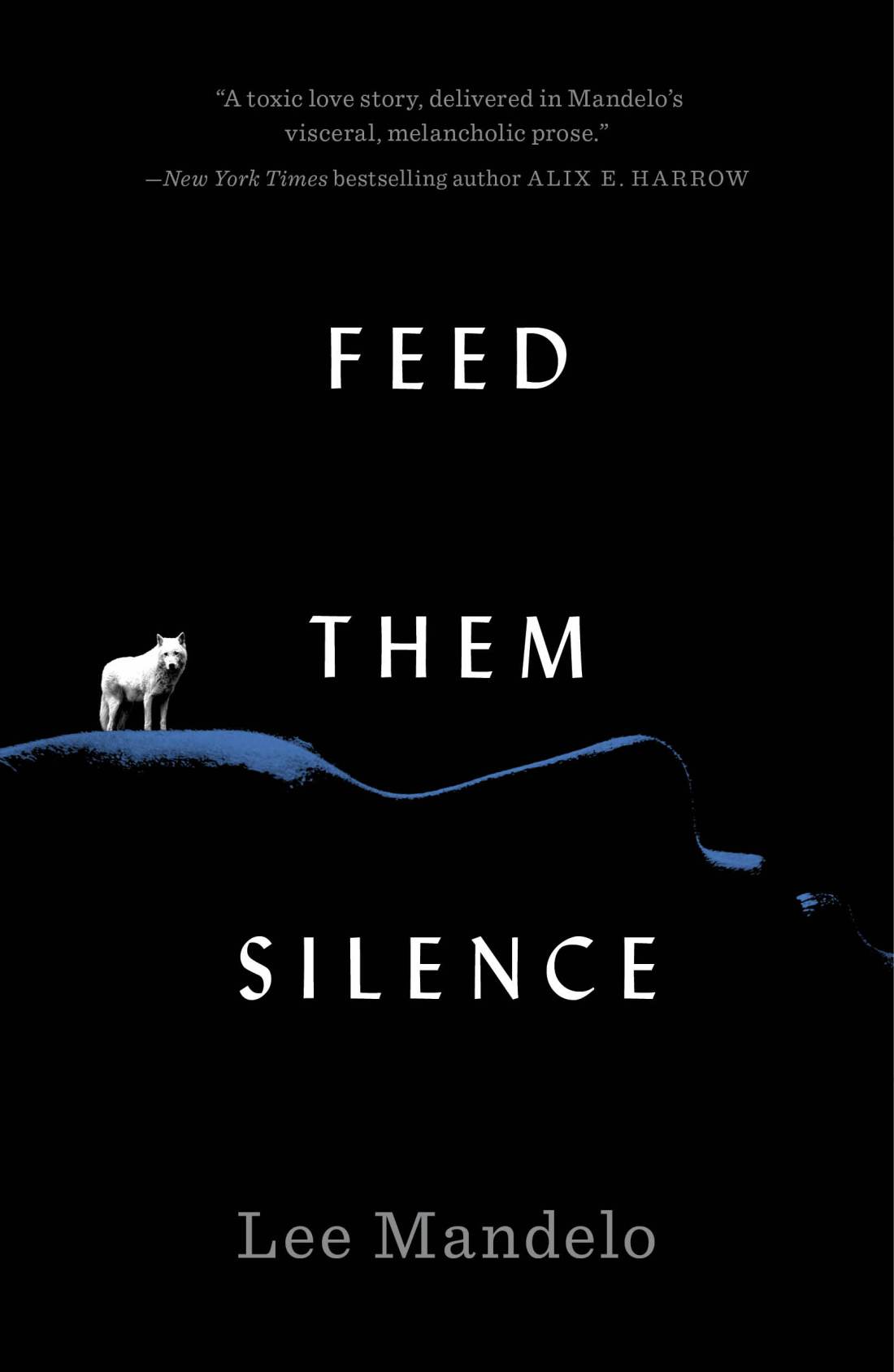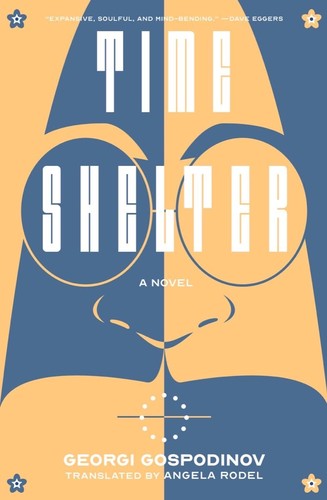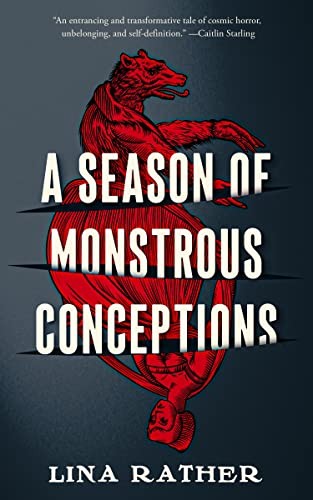el dang reviewed Moon of the Turning Leaves by Waubgeshig Rice
Great sequel that I think could also stand alone
5 stars
I found this a very satisfying continuation and conclusion of the story started in Moon of the Crusted Snow. It has a very different mood and focus, so much so that in this review I'm trying to avoid spoilers for the previous book more than for this one. Where Crusted Snow gets a lot of its tension from us as readers learning things as the protagonists do, this one is mostly not a suspenseful story. The broad outline of how things have to go is apparent from early on, and most of what makes it interesting is atmosphere and character development. Even the cover art of the two books does a pretty good job of communicating their relative moods.
I'm pretty sure this book would stand alone far better than most sequels do, because it largely follows a character too young to remember the events of or background …
I found this a very satisfying continuation and conclusion of the story started in Moon of the Crusted Snow. It has a very different mood and focus, so much so that in this review I'm trying to avoid spoilers for the previous book more than for this one. Where Crusted Snow gets a lot of its tension from us as readers learning things as the protagonists do, this one is mostly not a suspenseful story. The broad outline of how things have to go is apparent from early on, and most of what makes it interesting is atmosphere and character development. Even the cover art of the two books does a pretty good job of communicating their relative moods.
I'm pretty sure this book would stand alone far better than most sequels do, because it largely follows a character too young to remember the events of or background to the first book. This neatly gives Rice a way to work in some rehashing naturally as people answering her questions, but also this book fills in a lot of information that none of the characters knew during the first one. That said, I'd still recommend reading Crusted Snow first because the most emotional parts of this story are bound to have more impact if you've had longer to get invested in the older characters.
CWs: racist violence, and this one's a real tear jerker.
#SFFBookClub (we read the first one as part of the book club last year)





